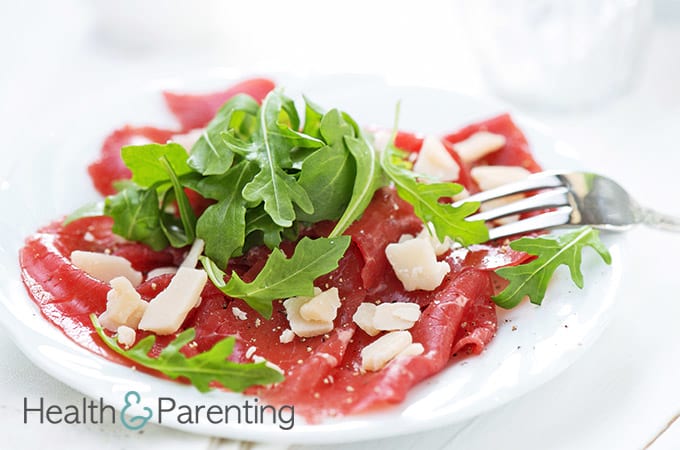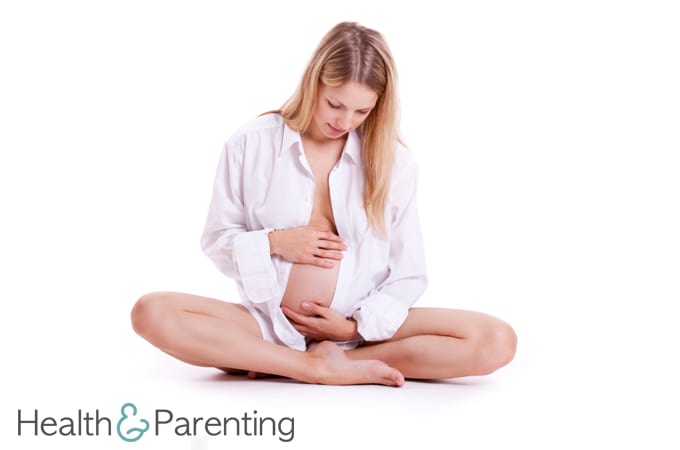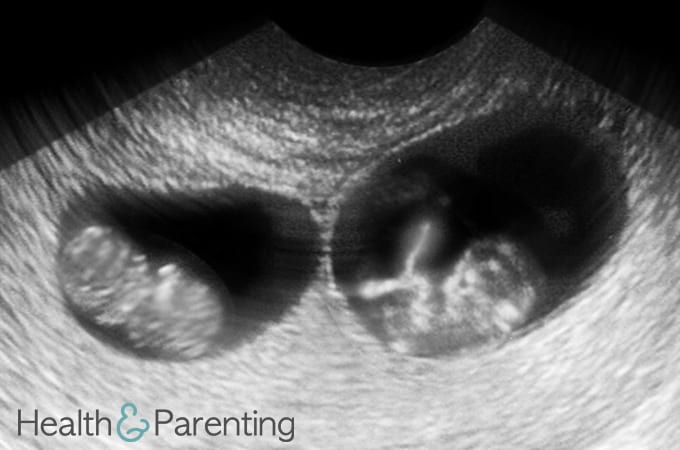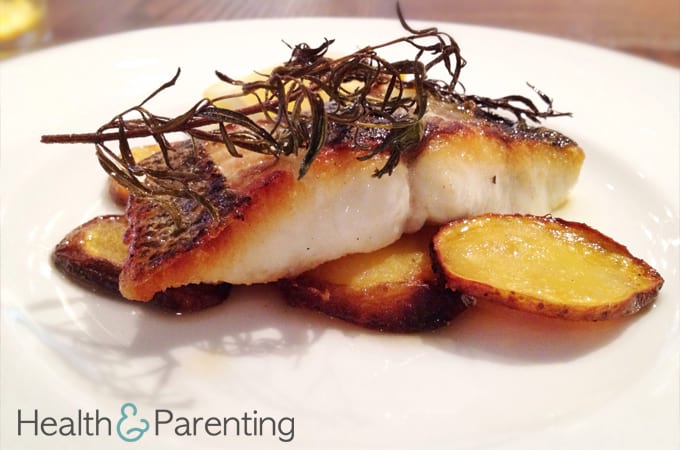As many as one in eight women, suffer depression in pregnancy. Some scientists believe that the rapid increases in hormones during the first trimester, disrupts brain chemistry and can lead to prenatal depression. Others believe that depression in pregnancy can be caused by the anxiety and stress of impending motherhood.
Symptoms Prenatal depression often goes undiagnosed as women dismiss their emotions. Hormones and tiredness take the brunt of the blame. If you are experiencing low moods, you should speak to your healthcare provider as soon as possible. Symptoms of prenatal depression include:
- Extreme fatigue
- Constant low moods
- Feelings of worthlessness, hopelessness and guilt
- Loss of appetite or binge eating
- Difficulty sleeping or excessive sleeping
- Trouble concentrating
- Panic attacks
You may be high risk for prenatal depression if you have a personal history of depression or anxiety. If you are having relationship difficulties, or have previously been a victim of abuse, this can increase your risk of suffering from depression. Fertility problems, previous pregnancy loss or a problem pregnancy also increase this risk. Women with unplanned pregnancies are more likely to experience depression in pregnancy.
Stressful life events can also be the catalyst for depression in pregnancy. The death of a loved one, moving house and financial difficulty can increase the risk of suffering from prenatal depression.
Risks to your baby
Not enough research has been done to determine the effects of prenatal depression on the unborn child. If left untreated, prenatal depression can have a potentially negative effect on the baby. It is important to seek help as soon as you notice symptoms of prenatal depression.
Treatment
Speak to your healthcare provider if you are experiencing symptoms of prenatal depression. Treatment options include counselling and antidepressant medications. Your healthcare provider will be able to assess which of these will be most appropriate for you. As well as seeking medical advice, you could also try the following:
- Have a support system in place – tell your partner, friends and family that you are experiencing postnatal depression. Talking to loved ones may help you to process the anxiety and stress you are feeling.
- Find a support group – your healthcare provider should be able to refer you to a local support group. You will be able to speak to other sufferers of prenatal depression. It is important to realise you are not alone.
- Light exercise – yoga, swimming and walking are all great ways to relieve some of the minor stresses in life. Exercise will help to clear your head, and may also help with your sleep problems.
Postnatal Depression
Around half of all sufferers of prenatal depression, will go on to experience postnatal depression. Being treated for depression during pregnancy, reduces your chances of suffering from depression once the baby arrives. Speak to your healthcare provider if you are worried about developing postnatal depression.
Written by Fiona, proud owner of a toddler, @fiona_peacock
This information is not intended to replace the advice of a trained medical doctor. Health & Parenting Ltd disclaims any liability for the decisions you make based on this information, which is provided to you on a general information basis only and not as a substitute for personalized medical advice. All contents copyright © Health & Parenting Ltd 2018. All rights reserved.



















